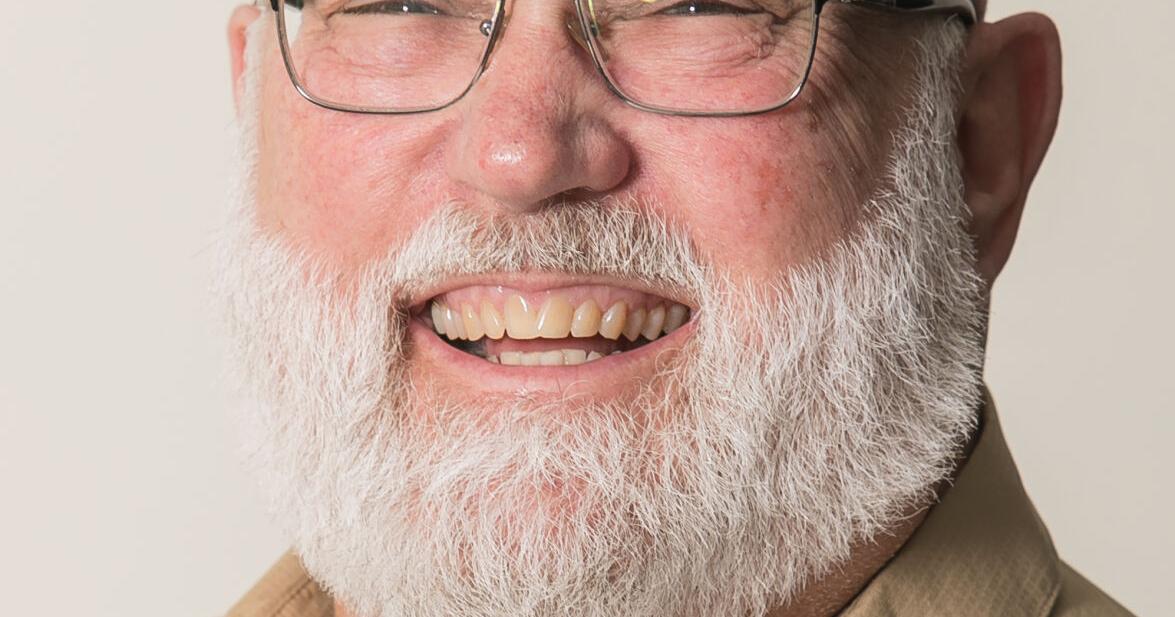Rob Ford
Did you realize that Facebook celebrated its 20th anniversary this year?
Indeed, the inception of the world’s entry into the expansive domain of what would soon be recognized as “social media” is now nearly old enough to legally purchase alcohol. It seems fitting considering the multitude of individuals who have been guilty of engaging in “drunk posting” over the years.
Originally, Facebook emerged on college campuses as a platform for rating appearances, necessitating users to possess an email address ending in “.edu”. Back then, one had to be a student with a valid educational email address to participate in the early stages of Facebook. While it may sound scandalous and immature, how many of us wish that requirement still applied today? I personally registered in 2009 due to a March Madness Bracketology competition that mandated joining Facebook to submit your entry form. Shortly after joining, I sensed potential pitfalls ahead.
Not entirely negative, but I was aware that without caution, I could easily lose countless hours delving into this socially immersive environment. Sure, there were opportunities to reconnect with old acquaintances and witness their current whereabouts. Additionally, there was a plethora of entertaining content shared by existing friends. However, I swiftly discovered valid reasons why certain old connections had distanced themselves from me. Likewise, I realized that many of my current friends were more amusing in person than in their online personas.
Yet, the learning curve extended beyond mere social interactions.
One prominent aspect was politics. It took just one political election cycle for me to grasp the unsuitability of discussing politics on Facebook. While it serves as a platform to discern people’s political inclinations, it hardly fosters productive political dialogues. Consequently, social media users tended to eliminate dissenting “friends” and gravitate towards like-minded individuals, thereby avoiding political discussions in social settings, including online platforms, long before 2024.
I distinctly recall pondering, “How does this platform sustain itself without charging users?” as none of the various social media channels imposed fees for creating accounts. This contemplation led me to the realization of another old adage: “If you can’t identify the mark in the room, you’re probably it.” As my preferences, followers, and interests were unveiled through my daily interactions on Facebook, the advertisements on my feed began mirroring these aspects. Valuable user data was willingly shared and eagerly harvested by entities seeking to market their products to the same users. While I had heard of “algorithms” previously, I only truly felt like a part of the broader algorithmic population after spending a considerable time on social media.
Furthermore, there’s the issue of “clickbait”—the practice of sharing enticing, sensational, and often misleading headlines featuring top 10 lists (you won’t believe No. 7!), scandals, and other attention-grabbing content designed for phishing and hacking endeavors. Even now, scarcely a week passes without one of my Facebook “friends” cautioning against accepting friend requests purportedly from them.
Recently, the CEOs of several social media platforms were summoned to Washington D.C. for a public hearing with elected officials. The darker side of social media poses a genuine challenge, prompting politicians to seize the opportunity to showcase their concerns and feigned surprise at the prevailing circumstances. Naturally, these CEOs adeptly navigated the situation with finesse.
In essence, a group of “friends” engaging in time-wasting political debates and provocative exchanges—albeit in a face-to-face manner.
